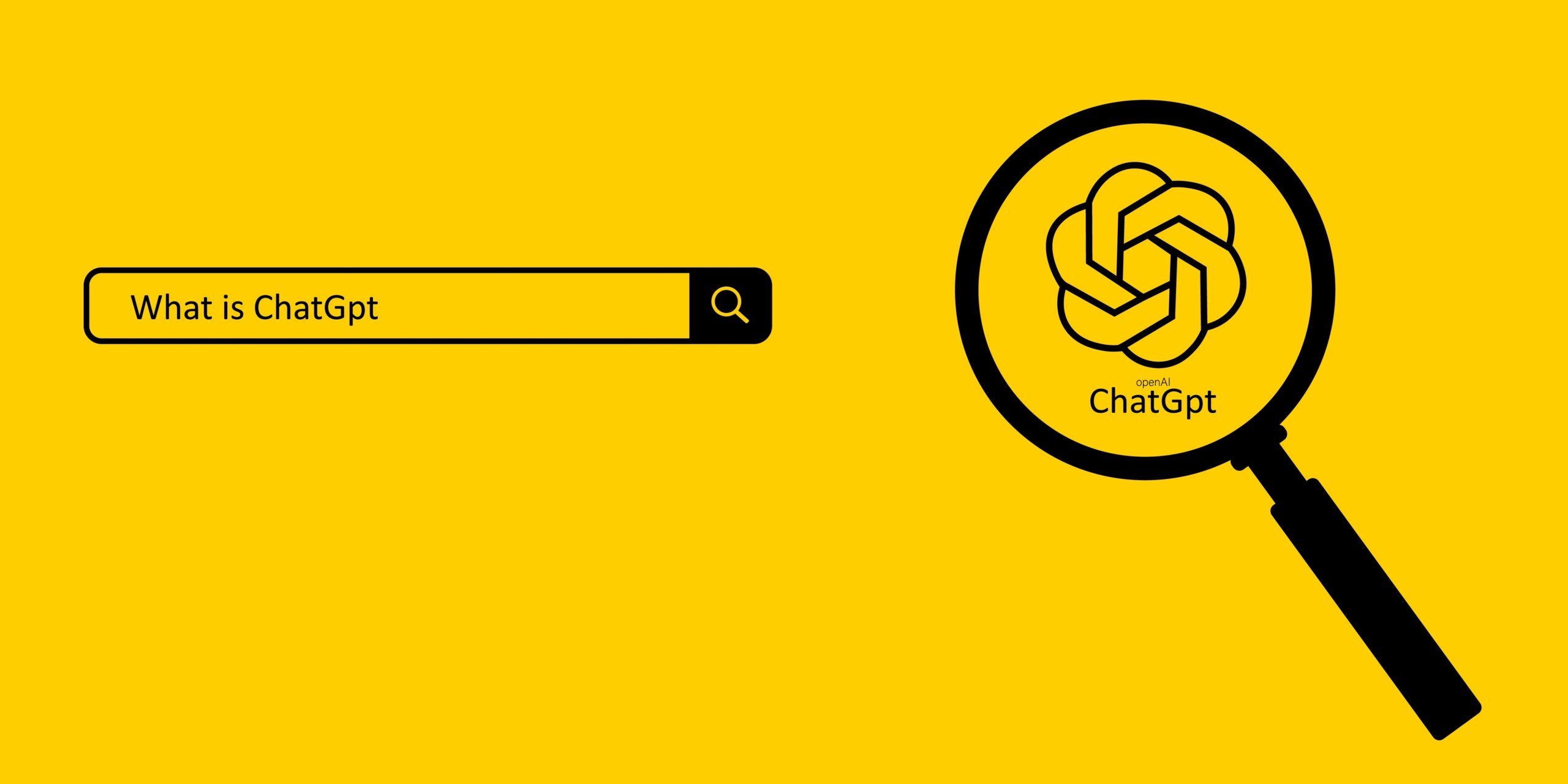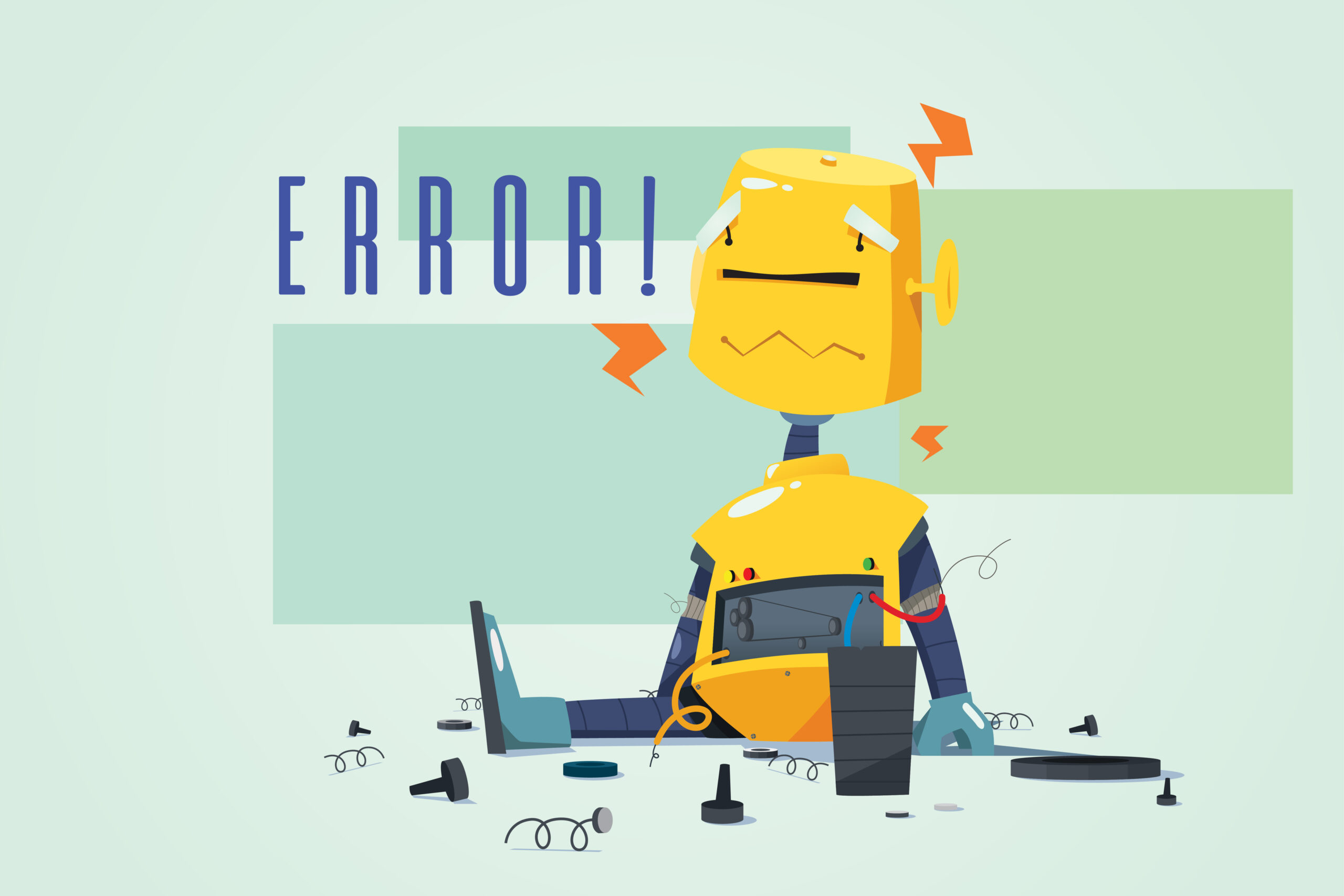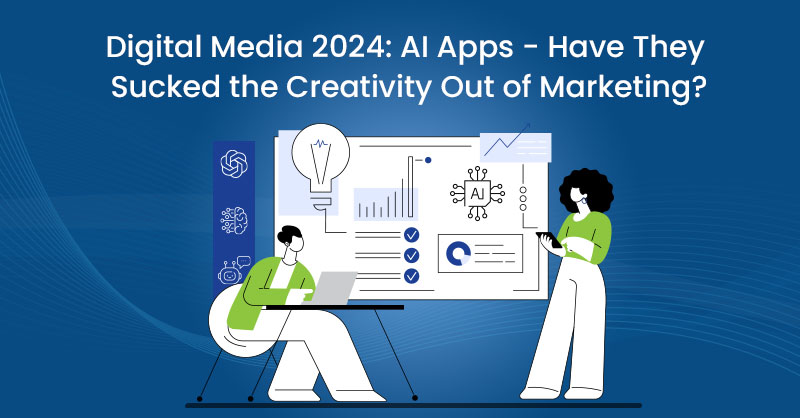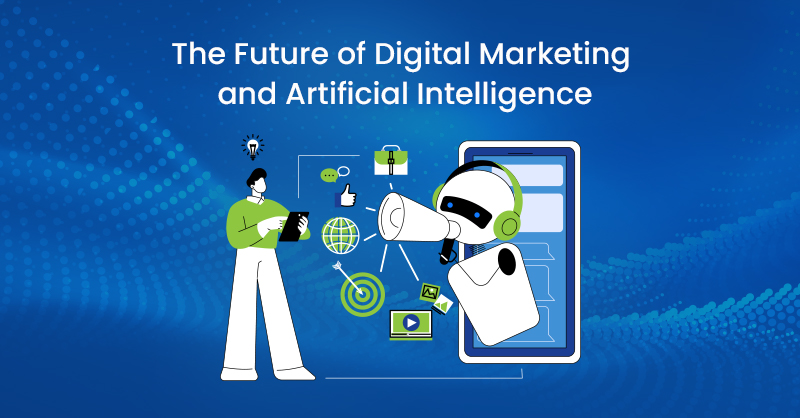Unless you’ve been living in the woods for the last several months or perhaps committed to a mysterious life hidden away in the depths of a poisonous bog, avoiding social media and the internet at all costs, you’re likely aware of the new tool everyone is talking about; ChatGPT.
For those who may be out of the loop (or a secretive bog witch), this blog discusses what ChatGPT is, as well as what it isn’t. We will discuss the effects this new technology is having on marketers, provide advice on how ChatGPT should and shouldn’t be used and how to check if this program wrote a piece of content.
What is ChatGPT?
Created by OpenAI in November 2022, ChatGPT is an intelligent language model that can respond to user prompts and produce some incredibly real-sounding responses.
Along with a recent leap forward in AI image technology, ChatGPT and similar AI programs represent a new era for the internet. While bots and AI technology have been around for years, they’re now growing uncannily intelligent, and it’s becoming increasingly difficult to tell what was written by a human being and what was produced by a computer.

While many marketers have celebrated the improvements in custom AI development, others remain hesitant. It’s true that while ChatGPT has many legitimate and helpful features, it’s also a double-edged sword. This proves true with the advent of any new technology; there is always both a benefit and a drawback.
Content Marketing and ChatGPT
One area of marketing that is developing a particularly fraught relationship with AI chatbots is content marketing. Many marketing agencies that offer content writing services rely on both in-house and freelance content writers to generate the thousands and thousands of words of content they need for clients every single day.
As content marketers, we’re now tasked with performing our own version of the Turing Test daily. For each piece of content, we need to ask ourselves, “Was this written by a human?” It wasn’t long ago that answering such a question was relatively easy. Long-form content written by an AI needed to be thoroughly edited before anyone would believe a person had read it.
With ChatGPT, this is becoming the case less and less. While users still need to learn how to develop prompts that will cause the program to produce high-quality, well-written content, those who have learned this skill are able to have the AI write thousands of words on any given subject, which will need very little adjustment after the fact. The program can insert keywords, create H2 and H3 titles and be quickly asked to change the tone or style of anything it produces with ease.
While all of that sounds great, it’s not without its drawbacks. While AI content (both written and visual) is currently considered free to use and not bound by copyright laws, we may see that change in the future.
As both AI language programs like ChatGPT and AI image creators become more advanced, more conversations are arising about the ethics of these programs. An AI program can’t create anything new; it can only draw on what already exists. Critics of AI consider this no different than plagiarism, and there are instances of students getting in trouble for using ChatGPT to write essays and assignments.
For marketing agencies who rely on writers to create content, similar concerns are arising. How do you know if your employees are actually producing this content?
How to Detect ChatGPT Writing
There are a number of ways to check if a piece of content was written by a person or if they used ChatGPT or another AI writer to write the content or parts of the content for them. If you’ve been working with a certain writer for a long time, the easiest way to tell is to reread their past writing. If you suspect an AI wrote something they’ve submitted, compare their new work to their old work. Does it sound like it was written by the same person?
Unfortunately, if you don’t have anything to compare their writing to, it can become trickier to tell.
A few indicators that ChatGPT may have written the content include repetitive writing and phrasing, redundant and overly wordy phrasing and, as mentioned, incorrect or misleading information.
While there are AI Detector programs, they’re not yet sophisticated enough to be relied on with 100% accuracy. When putting a piece of writing through an AI Detector program, keep in mind they can often falsely flag original work as being written by an AI. You’ll need to use your own judgment to make the final call.
Some AI Detectors include ZeroGPT (which is free to use) and Sapling's AI Content Detector (which offers a free version with limited use).
What Can ChatGPT Do?
ChatGPT is not a search engine or a fact checker. It is an AI language model. Think of it as a very advanced version of the auto-predict text you use when writing messages or emails on your phone. It combs the internet to produce responses to user prompts. But unless you believe that everything written on the internet is 100% true, you should realize what this means in terms of ChatGPT’s accuracy.

As part of my job, I've performed a number of tests of ChatGPT to determine the level of accuracy we can expect from it, and the results tend to vary. It can offer accurate insights on a number of subjects and generate correct answers to many queries. However, there were times when the information it provided was well-written, coherently explained—and dead wrong. But it sounded convincing enough that someone who wasn't an expert on the subject would be unaware of the inaccuracies in its response.
Therein lies the danger of ChatGPT. And in a time where fact-checking and vetting information before we share it is becoming less the norm, this program has the potential to do a lot of harm.
When You Should Use ChatGPT
All of this sounds dire, but it's not all doom and gloom. There are many helpful, ethical ways to use ChatGPT. It's important to remember it's best used as a tool to help you in your marketing efforts.
ChatGPT can be used:
- For SEO assistance, such as helping brainstorm keywords, writing meta descriptions, etc.
- To help with content ideation
- To help refine marketing copy or phrasing in long-form content
- For conducting marketing research
And more.
When You Shouldn’t Use ChatGPT
As we all grapple with this new technology, we’re all asking ourselves how to use AI in a way that’s effective and ethical. After all, it’s a great new tool that can do a lot. But as a basic rule of thumb, if you want to know when you shouldn’t use ChatGPT, the answer is simple; anytime you would be compelled to lie about it.
If you were creating something for a client or your employer and they asked you if you utilized AI to create it, if you aren’t willing to comfortably answer yes, then you shouldn’t use it. If they asked you if you used a spellcheck or editing program like Grammarly or an art program like Canva, you wouldn’t see an issue being honest about that. You should be using ChatGPT the same way you use these programs: to support your work, not do it for you.
Conclusion
Whenever technology makes a huge leap forward, there is always fear about what that will mean. Will this new technology take our jobs? Will it make marketers and writers obsolete? With the lack of regulation and oversight that tends to follow new technology, we may begin to see a shift in the job market as businesses look to cut costs and replace writers with AI. However, how effective that will be as a long-term strategy remains yet to be seen.
No one yet knows what to make of the AI advancements, and it will likely be a few years before the law catches up with what it can do. Until then, there will likely be a certain amount of brands and businesses exploiting the lack of regulation with this new technology, using it to cut down on the number of employees they need to pay. But as the expression goes, you get what you pay for.
As marketers, we all need to figure out how to adjust to this new era and determine how we fit into it. After all, with great technology, there must also come great responsibility.
Interested in learning more about how ChatGPT and advancements in AI can help your marketing strategy (and what you'll still need old-fashioned manpower to achieve)? Get in touch with a TechWyse marketing expert today. Reach out online or give us a call at 866-208-3095.






